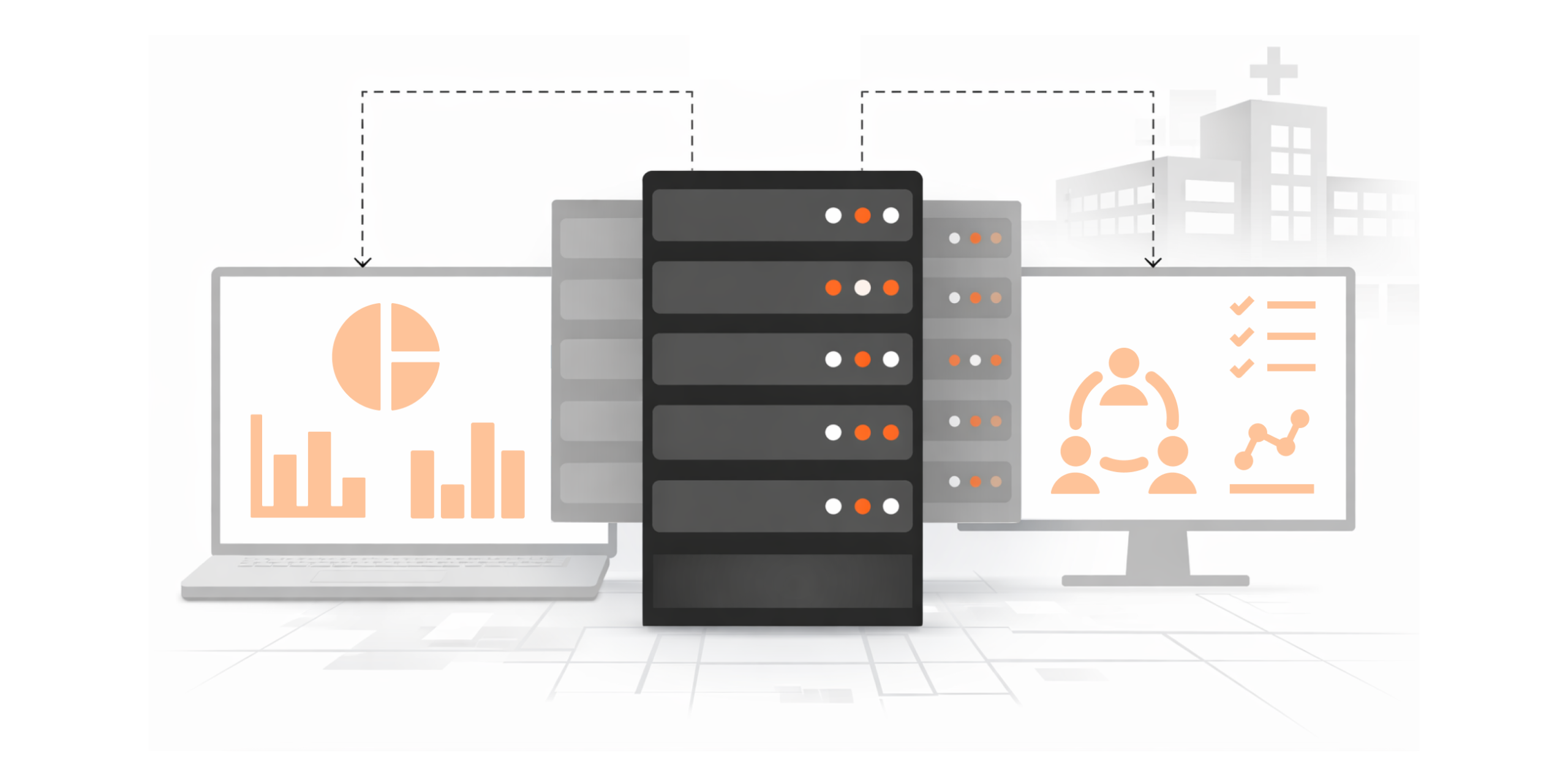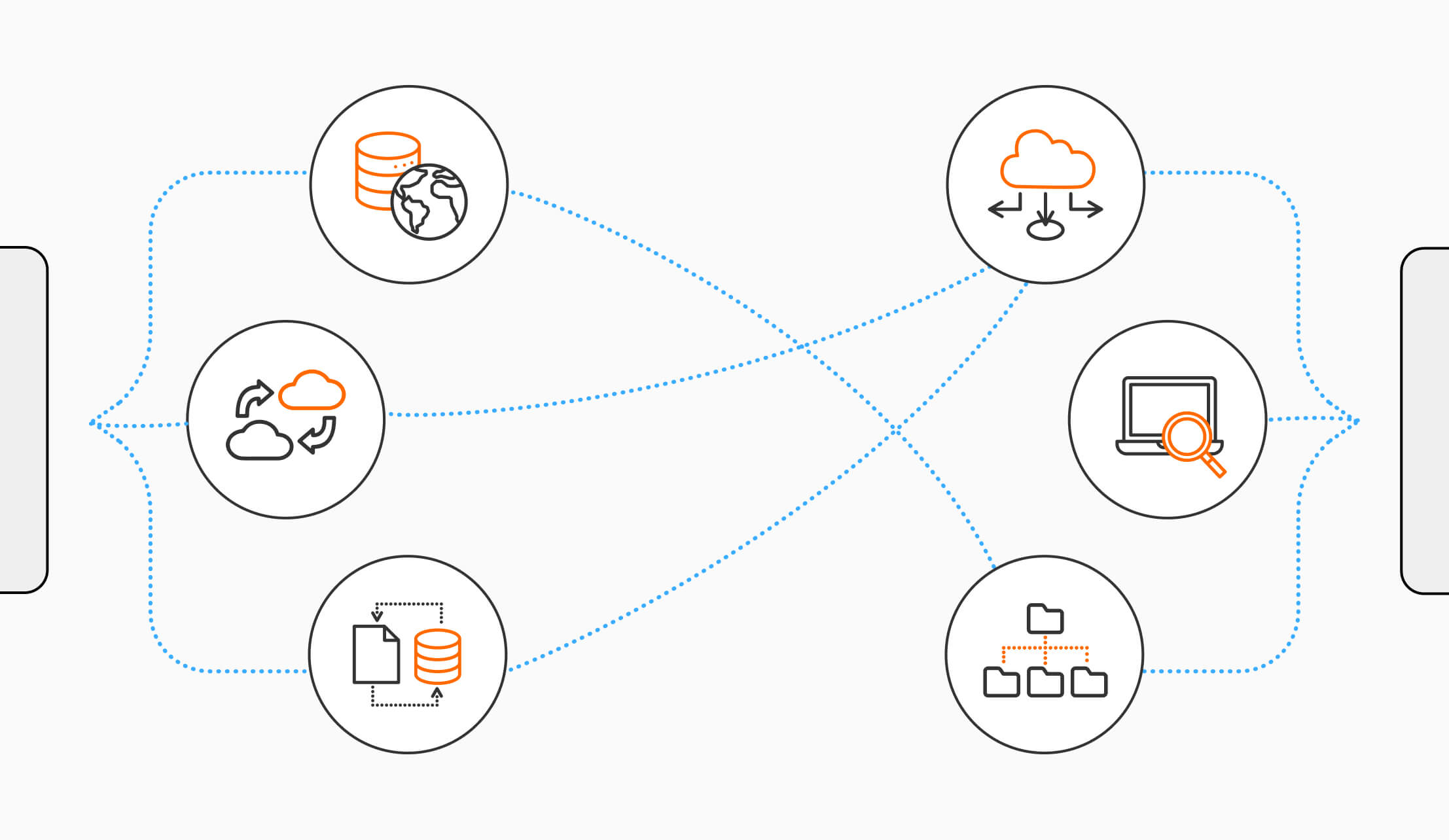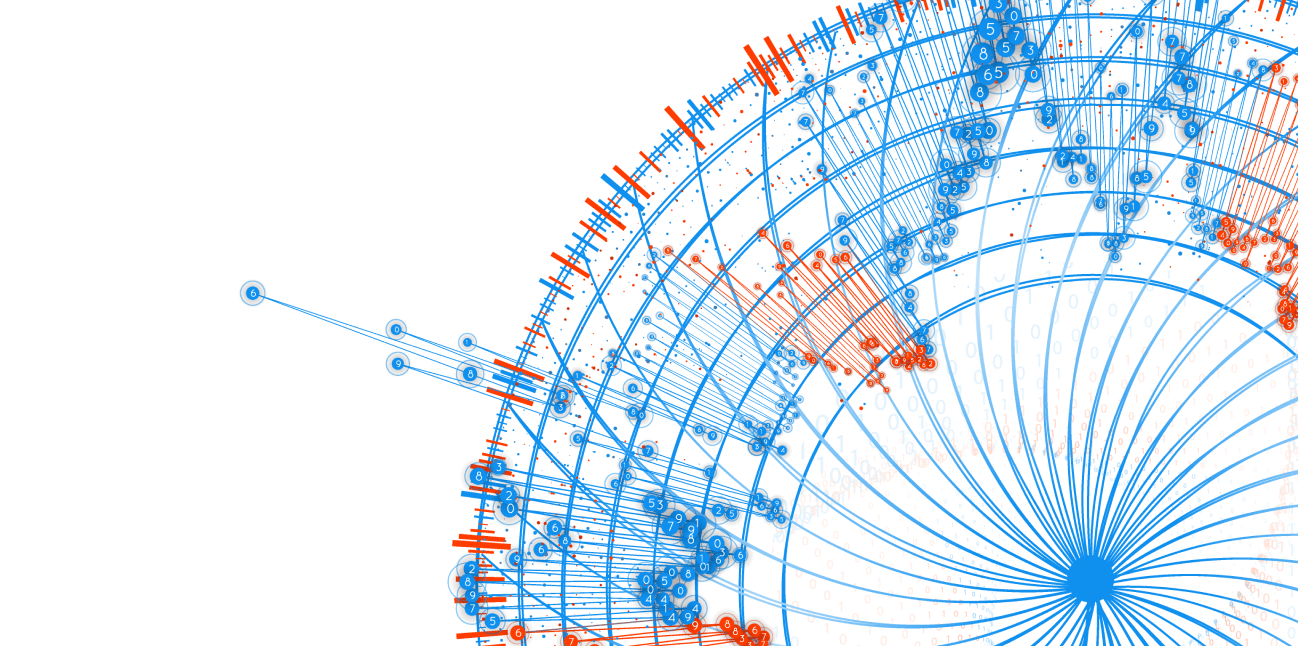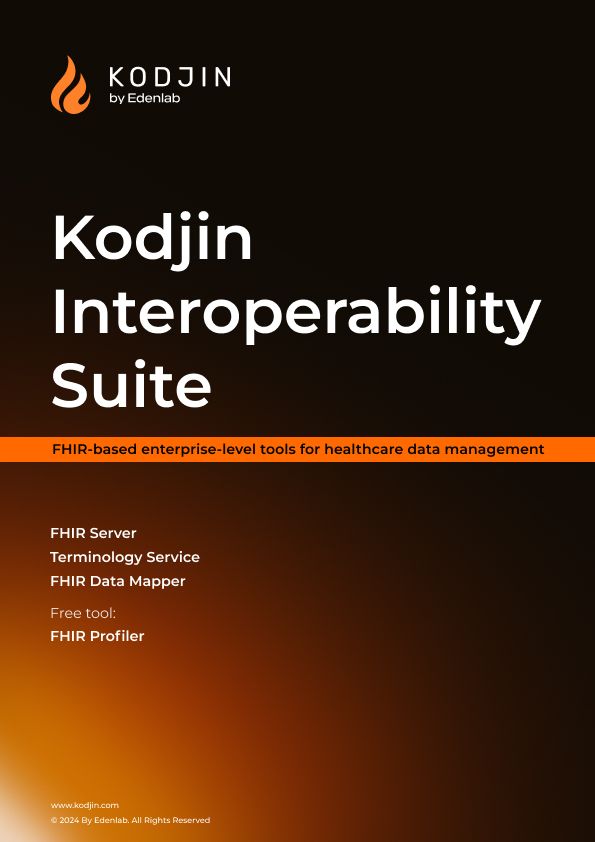One of the largest TPAs in Hong Kong challenged the Edenlab team to migrate to a modern FHIR architecture. The project was built on top of the Edenlab Kodjin FHIR server and terminology service.

Heals.Asia
Background: Obstacles
Health.Asia needed to decrease their level of unproductive manual work in appointments and claims processing.
Challenges
Automate appointment scheduling for doctors connected to the Heals.Asia platform clinics.
Automate insurance claims processing.
Our solution
Step 1: Administrative data, appointments, and CD
Challenges
To expose the provider directory FHIR API (search facilities, search in practitioners by name or specialty), as well as the appointments FHIR API (book an appointment, check in, etc.), for a third-party mobile application.
To collect the clinical data from two separate EHR systems, connected to the TPA, in the centralized clinical data repository (CDA).
Solutions
For the first set of functionalities, an FHIR facade implementing extract-transform-load from the client’s proprietary data in real-time was developed based on the Edenlab Kodjin FHIR server. Our team created custom profiles corresponding to the proprietary data with all the relevant terminologies
The appointments module was developed from scratch with the FHIR-first approach with custom FHIR profiles and a custom business logic layer.
For these functionalities, a FHIR architecture implementation was developed based on the Edenlab Kodjin FHIR server. Custom profiles and terminologies were created, with pseudonymization techniques applied for data protection.
Step 2: Financial data and auto-adjudication engine
Challenges
To standardize the financial API consumed by various providers connected to the TPA: all the main workflows from the FHIR financial module should be exposed as FHIR operations.
To automate these workflows from the TPA side, i.e., to introduce the auto-adjudication engine that was able to generate the eligibility responses and claim predetermination responses based on the insurance plan data and the history of claims.
Solutions
The solution was a hybrid FHIR/non-FHIR application. While all the data that was exchanged was stored in the FHIR server, for the insurance plan the complex structure enabling the auto-adjudication logic was implemented. The engine itself was designed as a framework, so new limits and constraints could be added in the future.
Results
- The provider directory FHIR API was implemented on top of the existing data and processes. The appointments FHIR API for a third-party mobile application was implemented. The mobile application was successfully connected to the FHIR API
- FHIR-based claim exchange module, powered by the auto-adjudication engine, was implemented.
More cases




Deploying a FHIR-Compliant Solution with a Custom Clinical Data Mapper
Edenlab created for Elation Health a solution that bridges the gap between their existing data standards and the FHIR requirements. Through Edenlab’s expertise and support, Elation Health successfully achieved ONC certification, implemented USCORE 5.0.1 support, and developed a robust FHIR backend that ensured seamless data interoperability across systems. This enabled Elation Health to efficiently meet compliance standards while enhancing data access and usability for healthcare professionals.

